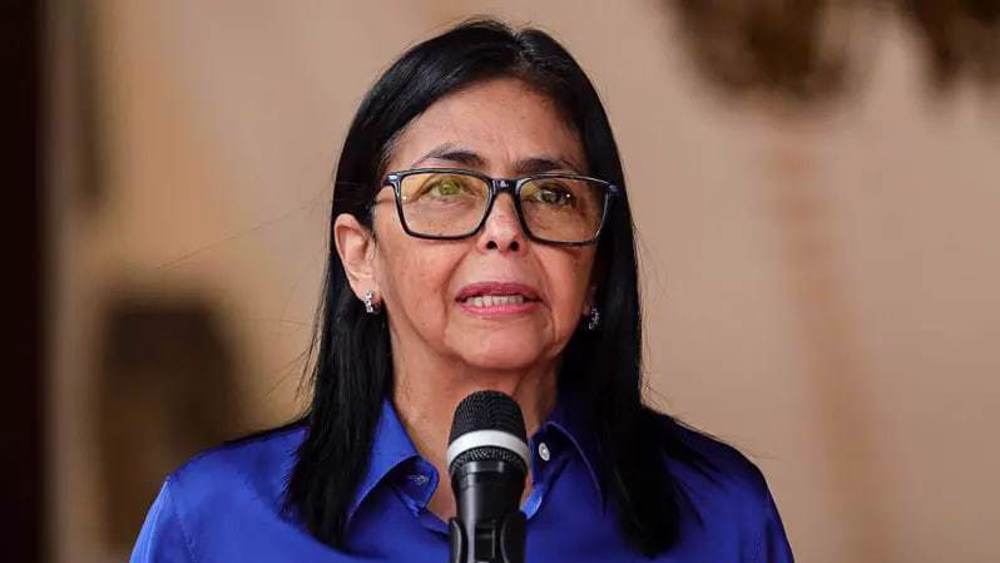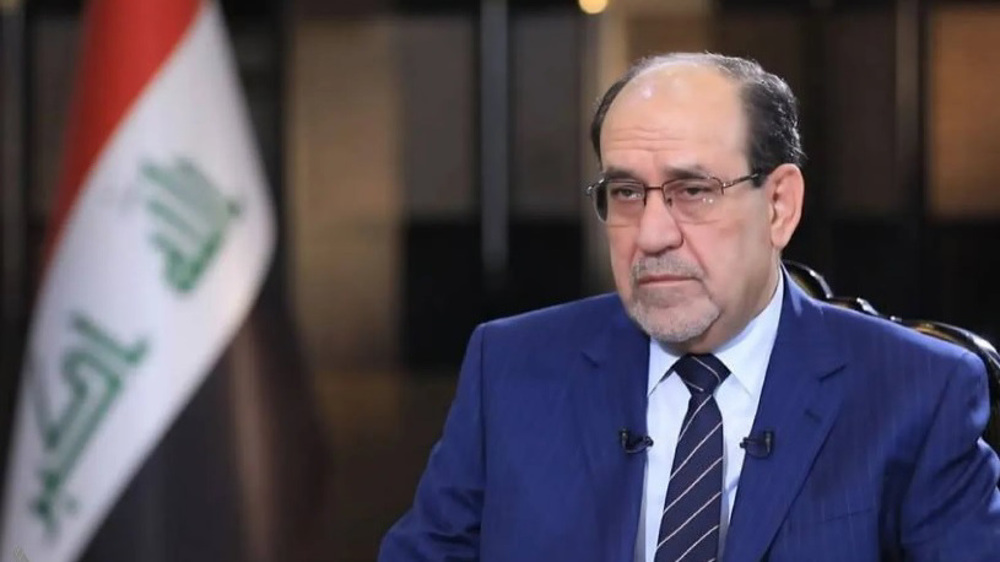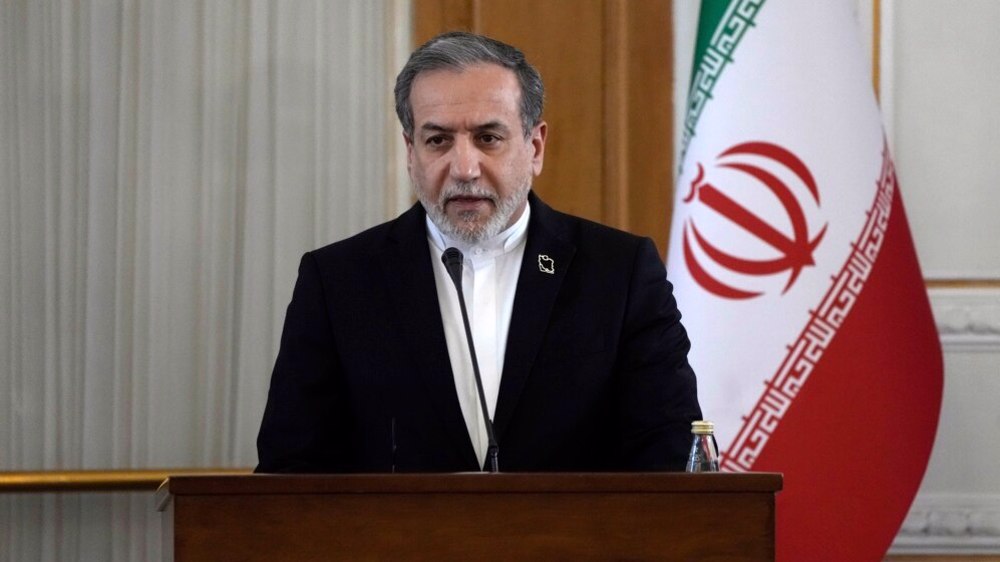US govt. report lists human rights breaches by Riyadh, Manama
The United States Department of State has in its annual report cited human rights violations committed by the Persian Gulf kingdoms of Saudi Arabia and Bahrain in 2015.
Washington’s rights report incriminates both monarchies over violating their citizens’ universal rights such as the right to democracy, religious freedoms, gender equality and for practicing torture among others.
Saudi Violations
The State Department report said, “The most important human rights problems reported included citizens’ lack of the ability and legal means to choose their government; restrictions on universal rights, such as freedom of expression, including on the internet, and the freedoms of assembly, association, movement, and religion; and pervasive gender discrimination and lack of equal rights that affected all aspects of women’s lives.”
“Other human rights problems reported included: a lack of equal rights for children and noncitizen workers; abuses of detainees; overcrowding in prisons and detention centers; a lack of judicial independence and transparency that manifested itself in denial of due process and arbitrary arrest and detention; investigating, detaining, prosecuting, and sentencing lawyers, human rights activists, and antigovernment reformists; holding political prisoners; and arbitrary interference with privacy, home, and correspondence.”
The 2015 rights report further pointed to Saudi Arabia’s “lack of governmental transparency and access made it difficult to assess the magnitude of many reported human rights problems.”
“Violence against women; trafficking in persons; and discrimination based on gender, religion, sect, race, and ethnicity, as well as a lack of equal rights for children and noncitizen workers were common,” It added.
Bahrain Breaches
The Washington account of the Manama regime’s rights record last year said, “The most serious human rights problems included citizens’ limited ability to change their government peacefully; lack of due process in the legal system, including arrests without warrants or charges and lengthy pretrial detentions, used especially in cases against opposition members and political or human rights activists; and restrictions on free expression and assembly.
“Other significant human rights problems included lack of judicial accountability for security officers accused by the government and nongovernmental organizations (NGOs) of committing human rights violations; defendants’ lack of access to attorneys and ability to challenge evidence; prison overcrowding; violations of privacy; and other restrictions on civil liberties, including freedom of press and association.”
The State Department added, “Societal discrimination continued against the Shia population, as did other forms of discrimination based on gender, religion, and nationality. The government at times imposed travel bans on political activists in conjunction with arrest charges and in some cases continued to enforce them after authorities had dropped charges or pardoned the individual. The government maintained the revocation of citizenship for 31 individuals whose citizenship it revoked in previous years, and it revoked citizenship from another 72 who were not otherwise charged with any crimes. There were reports of domestic violence against women and children.”
Both Persian Gulf kingdoms are close US allies and have over the past few years drawn repeated criticisms and condemnations from international human rights groups for breaching people’s rights to democracy.
The Saudi and Bahraini regimes have since 2011 been struggling with pro-democracy protests demanding the Arab royals relinquish power. Both governments have never ceased to crack down on dissent regardless of human costs in their nations.
IRGC: Iran holds upper hand in determining any war’s endgame
'Fingers on trigger': Iran warns of strong response while signaling openness to 'fair' deal
Iran’s power makes any hostile military action 'high-risk': IRGC deputy cmdr.
India's PM Modi pays tribute to veteran politician killed in plane crash
Slovak PM describes Trump’s state of mind as 'dangerous' to EU leaders
Yemen’s Ansarullah warns US of aircraft carrier deployment in Red Sea
Netanyahu plans to maintain Israeli ‘security control’ of Gaza
Even a limited US strike will bring regretful response: Iran










 This makes it easy to access the Press TV website
This makes it easy to access the Press TV website